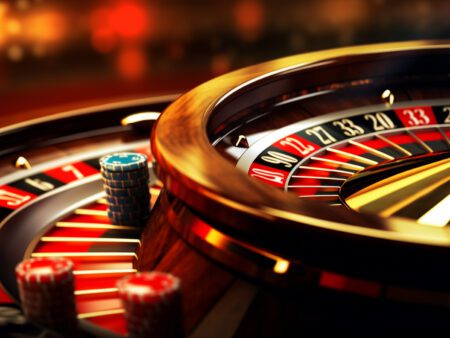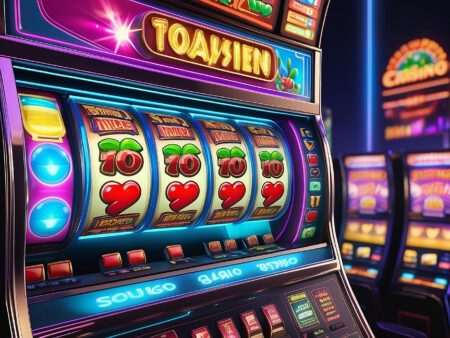Get practical techniques for practicing poker and improve your skills with our guide. Learn poker basics, create a study routine, use training tools, and more.
How to Practice Poker Effectively: Techniques for Skill Development
Poker isn’t just about having your stars aligned in your favor. It is, equally if not more, about the effective strategies you employ and how well versed you are with the rules of the game. Gaining proficiency in the game of poker calls for a thoughtful approach and practical techniques for refining skills. But where should you begin? This guide outlines the best techniques to practice poker effectively.
Understanding Poker Basics
Before diving into complex strategies or attempting advanced plays, one must have a solid grasp of the fundamental poker basics. This goes beyond just understanding the hand rankings. It includes knowing the actions you can take – check, bet, call, raise, or fold – and when each action is available to you. Additionally, understanding position play and its significance in poker is pivotal. For example, a later position at the table provides you more information about your opponents’ potential hands before you have to decide your action.
Create a Consistent Study Routine
Just like any other skill-based activity, poker requires constant study and practice. It is vital to understand current poker theories, strategies, and being updated with different gameplay styles. A well-structured study routine will enhance your poker theory knowledge while practical games will improve your application of these theories. Commit to a regular schedule of studying poker materials and participating in games to improve your skills steadily over time.
Use Poker Training Tools
In the internet age, budding poker players have access to more training resources than ever before. Online training sites provide detailed poker courses, which include video tutorials, practice games, and forums where students can interact with professional poker players. Software programs can also provide useful insights into your game by tracking your play and identifying areas of improvement.
Review and Analyze Your Hands
Another crucial aspect of improving your poker skills is through analyzing the hands you play. This should be done regardless of whether you won or lost the hand. By analyzing your hands, you’re able to see the decisions you made, examine your thought process and identify any strategic errors. This kind of self-reflection can lead to dramatic improvements in your game.
Master the Art of Bluffing
One cannot discuss poker without mentioning the art of bluffing. Bluffing is one of the most vital tools in a poker player’s arsenal. To bluff effectively, you must understand your opponents, the table position, and timing. Implement bluffing when the conditions are right. But remember, overusing this technique might lead your opponents to catch your bluffing pattern, making you an easy target.
Practice on Different Poker Formats
Diversifying your poker practice across various forms of the game is another effective technique for skill development. Different poker variants require different strategic approaches, and this variation can enhance your overall poker competence. For instance, the strategy employed in Texas Hold’em differs significantly from that of Seven-Card Stud, thus broadening your understanding of the game.
Join Poker Communities
Engaging with other poker players can significantly enhance your skills and knowledge. Consider joining poker communities online. Such platforms enable discussions, exchange of strategies, and even friendly matches, which are all beneficial for learning and improvement.
Analyzing Other Players’ Games
Another effective technique for developing your poker skills is observing and analyzing the games of more experienced players. By watching players who are more skilled, you can pick up new strategies, understand different roulette systems and tactics, and absorb beneficial gameplay techniques. Online platforms offer countless videos of professional poker rounds that serve as rich educational resources.
Gradual Skill Building
Skill development in poker is a steady and gradual process. It requires patience, diligent practice, and continuous learning. Implement these techniques one at a time, rather than trying to incorporate them all at once. Remember that the objective is to build a strong skill base that allows you to comfortably and confidently engage in any poker game.
In conclusion, while luck does play a role in poker, developing superior skills through effective practice techniques will significantly enhance your win rate. These practice techniques, when combined with a deep understanding of the game, can transform an ordinary player into a formidable one. So, are you ready to up the ante and become a poker pro?
Share your thoughts and experiences in the comments section below and let’s keep the poker conversation going!










